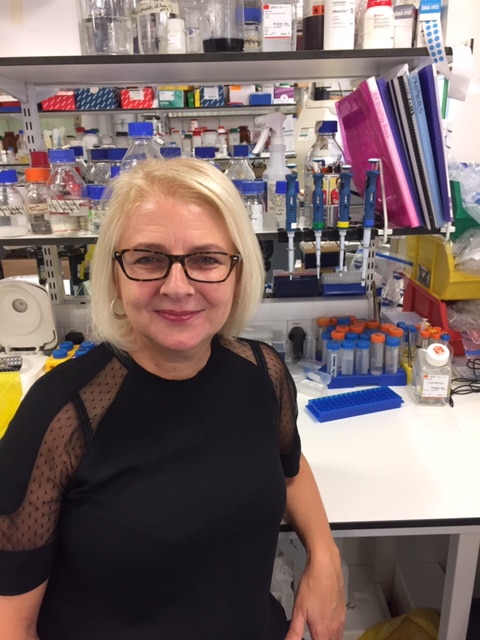Encouraging results from ProQR USH2A clinical trial
Biotechnology company ProQR has announced encouraging results from its phase 1/2 clinical trial of an innovative treatment for sight loss caused by faults in a specific section of the USH2A gene.
Search results
Biotechnology company ProQR has announced encouraging results from its phase 1/2 clinical trial of an innovative treatment for sight loss caused by faults in a specific section of the USH2A gene.

Inherited progressive sight loss is caused by a range of rare genetic conditions. We specialise in those which affect the retina.
Retina UK is delighted that the Scottish Medicines Consortium (SMC) has accepted the gene therapy Luxturna (voretigene neparvovec) for ongoing use by the NHS in Scotland.

Inside this edition, register now for our AI webinar on 7 December with Dr Nikolas Pontikos.

We regularly make applications for grants to fund our information and support projects and have recently been successful in securing £12,000 from The National Lottery Community Fund.
Several groups around the world are investigating the use of retinal transplantation in the treatment of inherited retinal diseases.
You may have heard that a cell-based treatment approach (sometimes referred to as a “stem cell treatment”), developed by a company called ReNeuron, is being tested in a clinical trial at Oxford Eye Hospital and other centres in the US and Europe.

The team have found the cause of disease in the first ever family tree drawn up at Moorfields Eye Hospital over 35 years ago, which had remained unsolved until now.
Early results from clinical testing of a gene therapy to treat X-linked retinitis pigmentosa (XLRP) have shown partial reversal of sight loss in some patients.